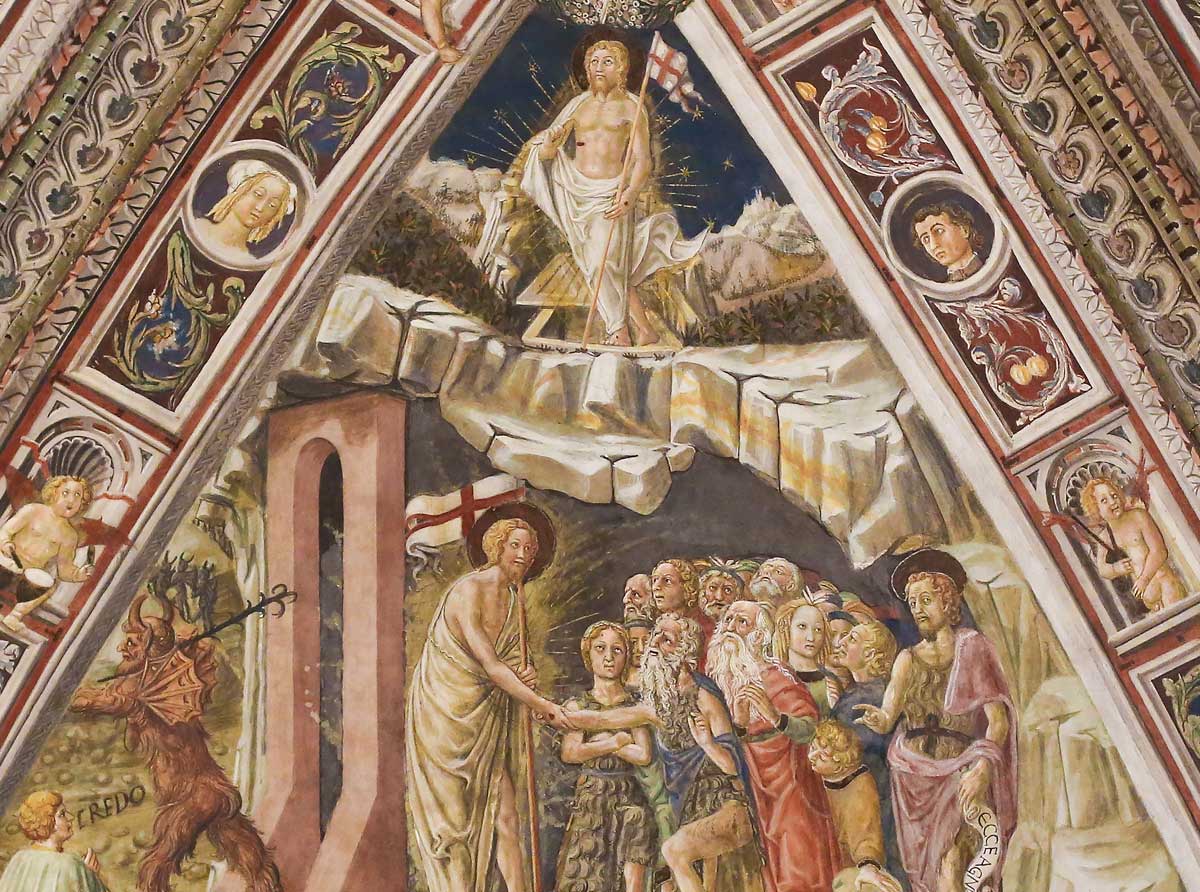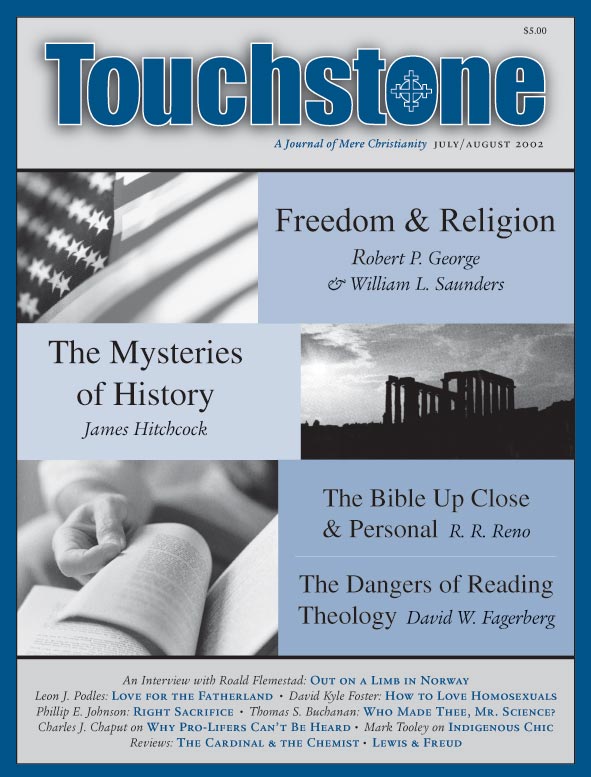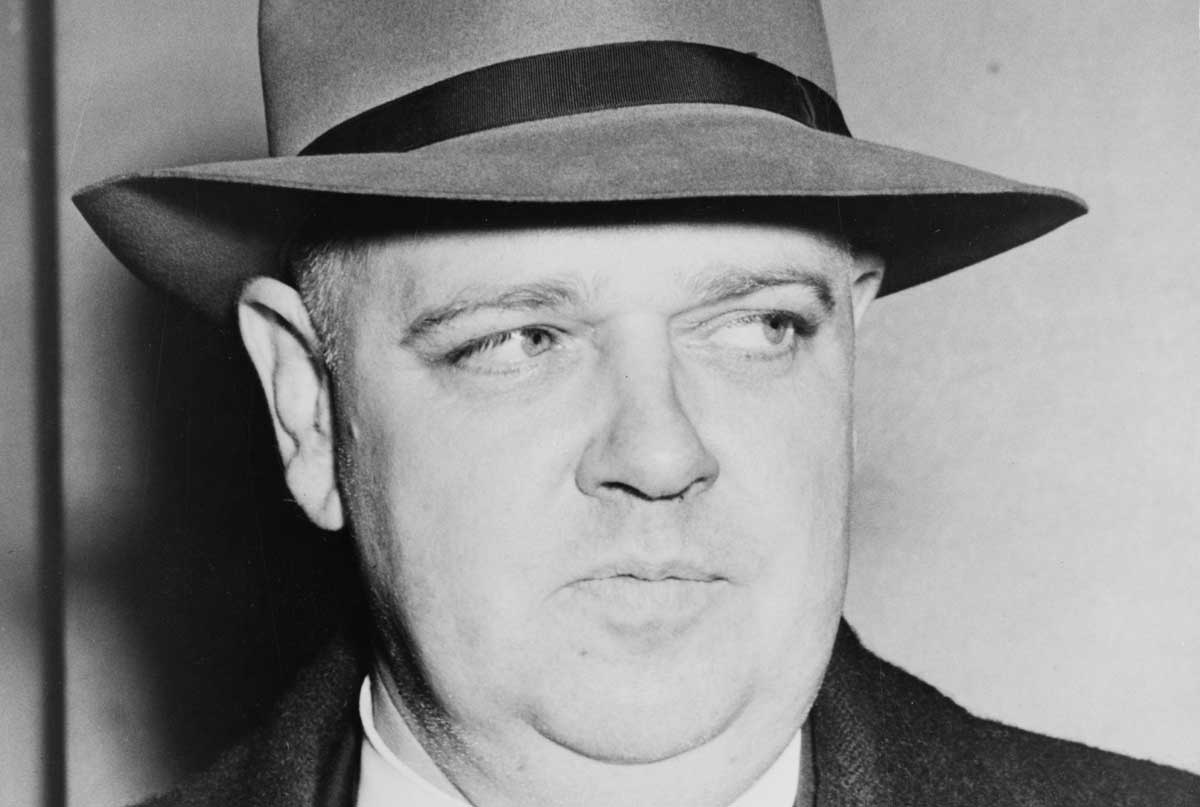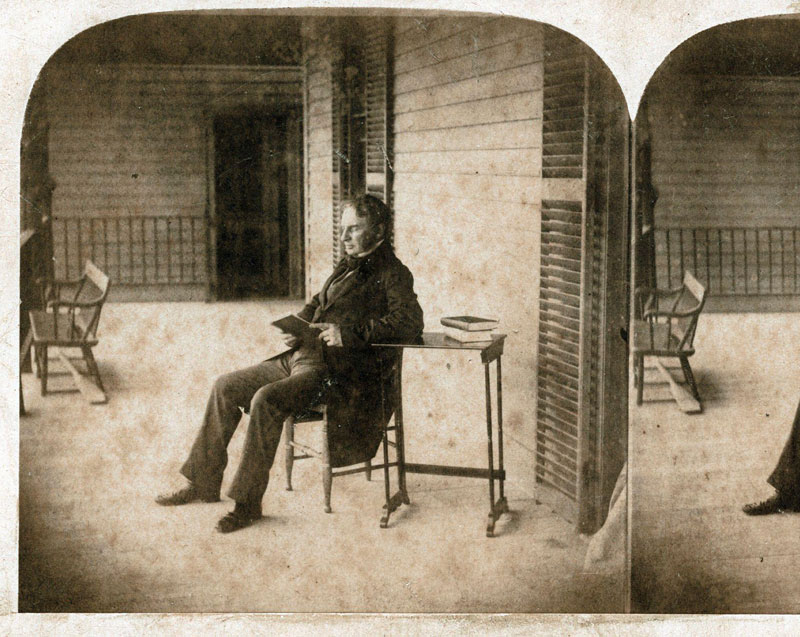Feature
Things Hidden Since the Beginning of the World
The Shape of Divine Providence & Human History
As with so many aspects of Christian higher education, the disappearance of “Christian history” in the past thirty years, while justified as a sign of a new intellectual maturity, was in fact the opposite—a panicky impulse motivated by insecurity before the larger secular culture.
The ideal of historical “objectivity,” first formulated by the “scientific” historians of the nineteenth century, was always misleading, in that such objectivity, implying the complete absence of personal feeling on the part of the scholar, would be possible only with respect to subjects that the scholar found uninteresting, even perhaps trivial. Almost by definition, an interesting and important subject calls forth a personal response from anyone who approaches it.
More realistically, many scholars now believe that their ideal ought to be honesty, a personal response that nonetheless strives to use evidence with scrupulous fairness and to reach conclusions based on the evidence, even though those conclusions might make the scholar uncomfortable.
Points of View
In fact, almost all great historical scholarship has been biased in certain respects, that is, based on the historian’s point of view, although often (as, for example, with the “Whig” interpretation of English history) not recognized as such by the historian himself. As Herbert Butterfield, one of the most astute historians of historiography, has put it, even an overtly polemical approach to history sometimes reveals aspects of the subject neglected by others. Even someone who is regarded as a crank may, by his very single-mindedness, focus attention on things no one else has noticed.
Even as Christians were surrendering the right to have their own history, that is, a history overtly informed by a Christian viewpoint, the legitimacy, indeed the inevitability, of this kind of scholarship was being urged as normative in the secular academy. Black history, women’s history, homosexual history, and numerous other kinds are now enshrined, each resting on the privileged assertion that only persons who belong to a particular social group can adequately understand that group’s history and that scholars outside the group are irredeemably insensitive or prejudiced. The claim of women’s history, for example, is that all of history needs to be interpreted from a feminist perspective and that those who do not do so are morally irresponsible and intellectually deficient.
Ironically, the intellectual deficiencies of Christian colleges and universities are revealed in the fact that, almost without exception, they have embraced this approach to scholarship even as they have systematically expunged all evidence of a “ghetto mentality” with respect to their own religious past.
Liberalism defines itself in terms of intellectual “openness” and thus is required to give evidence of its sincerity through repeated public acts of self-criticism. Perhaps the first great modern Catholic historian was Lord John Acton, who was also one of the fathers of modern liberal Catholicism, and Butterfield noted how Acton’s bias in his scholarship was against Ultramontanism, the Catholic historian distorting historical truth in the very act of demonstrating his “objective” detachment from credal loyalty. (Liberal Protestant scholarship of the nineteenth century, of course, did the same thing.)
Christian History from Within
On one level, “Christian history” proceeds from what Jacques Maritain called connatural knowledge—the understanding of his subject that a scholar possesses by virtue of its being in some sense a part of himself. Maritain noted that, whereas a scientist is wholly detached from the physical world that he studies, a historian approaches his human subject in terms of his entire personal disposition. Great works on religious history have been written by nonbelievers, but they are required to make a prodigious imaginative leap in order to do justice to their subjects, whereas for the believer, there is an immediate sympathetic comprehension of even the subtlest dimensions of religious history.
James Hitchcock is Professor emeritus of History at St. Louis University in St. Louis. He and his late wife Helen have four daughters. His most recent book is the two-volume work, The Supreme Court and Religion in American Life (Princeton University Press, 2004). He is a senior editor of Touchstone.
subscription options
Order
Print/Online Subscription

Get six issues (one year) of Touchstone PLUS full online access including pdf downloads for only $39.95. That's only $3.34 per month!
Order
Online Only
Subscription

Get a one-year full-access subscription to the Touchstone online archives for only $19.95. That's only $1.66 per month!
bulk subscriptions
Order Touchstone subscriptions in bulk and save $10 per sub! Each subscription includes 6 issues of Touchstone plus full online access to touchstonemag.com—including archives, videos, and pdf downloads of recent issues for only $29.95 each! Great for churches or study groups.
Transactions will be processed on a secure server.
more on history from the online archives

15.6—July/August 2002
Things Hidden Since the Beginning of the World
The Shape of Divine Providence & Human History by James Hitchcock

14.6—July/August 2001
The Transformed Relics of the Fall
on the Fulfillment of History in Christ by Patrick Henry Reardon
more from the online archives
calling all readers
Please Donate
"There are magazines worth reading but few worth saving . . . Touchstone is just such a magazine."
—Alice von Hildebrand
"Here we do not concede one square millimeter of territory to falsehood, folly, contemporary sentimentality, or fashion. We speak the truth, and let God be our judge. . . . Touchstone is the one committedly Christian conservative journal."
—Anthony Esolen, Touchstone senior editor










